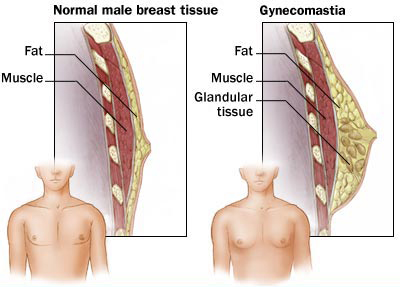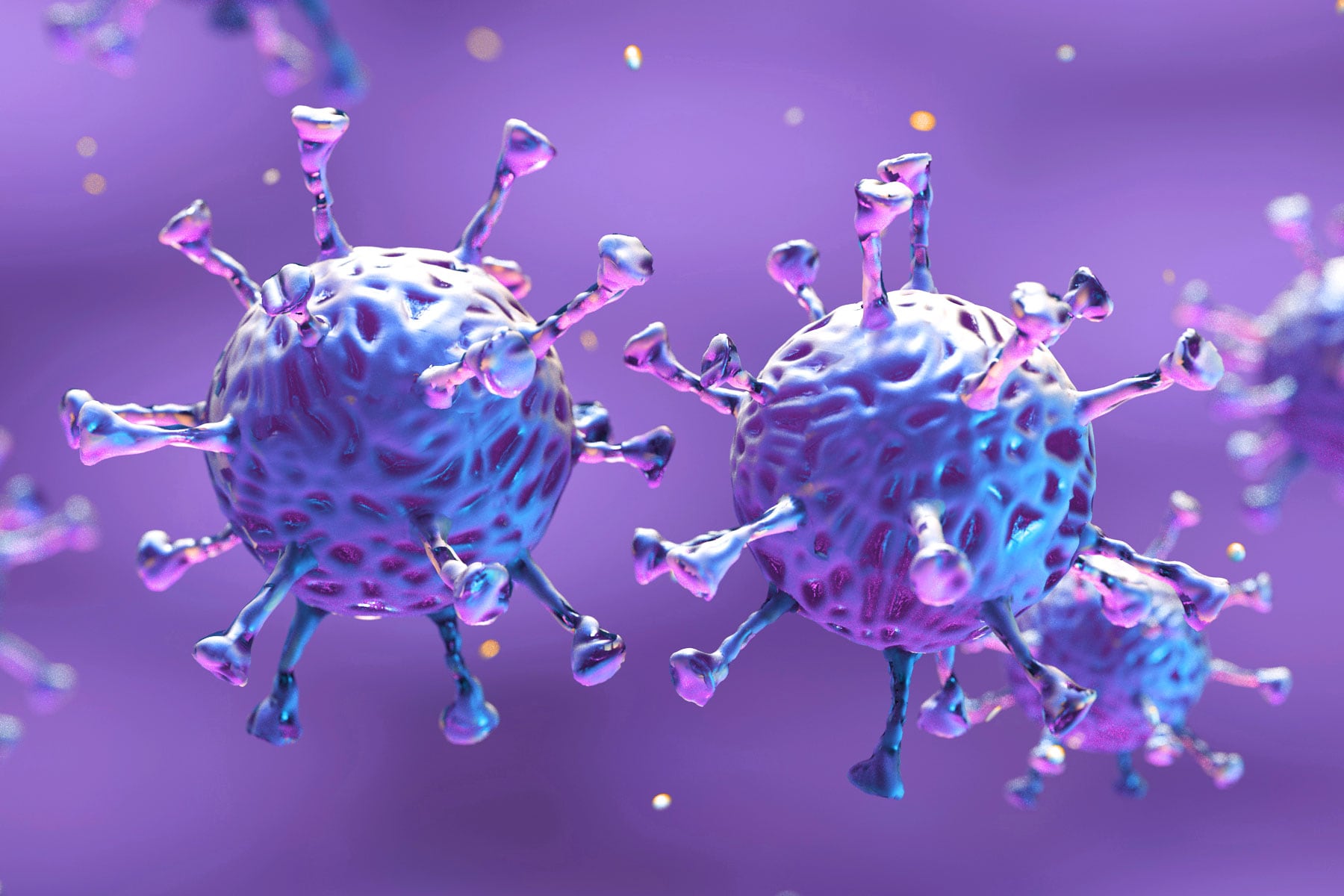Galactorrhea Causes, Symptoms, Diagnosis and Treatment

What Is Galactorrhea?
Galactorrhea is the spontaneous flow of milk from the breast, unassociated with childbirth or nursing.
Galactorrhea is reported to occur in 5–32% of women.
Galactorrhea itself isn’t a disease, but it could be a sign of an underlying problem.
It usually occurs in women, even those who have never had children or after menopause. But galactorrhea can happen in men and even in infants.
Causes Of Galactorrhea:
Possible causes of galactorrhea include:
- Medications, such as certain sedatives, antidepressants, antipsychotics and high blood pressure drugs
- Cocaine or Opioid use
- Herbal supplements, such as fennel, anise or fenugreek seed
- Birth control pills
- Noncancerous pituitary tumor (prolactinoma) or other disorder of the pituitary gland
- Underactive thyroid (hypothyroidism)
- Chronic kidney disease
- Excessive breast stimulation, which may be associated with sexual activity, frequent breast self-exams with nipple manipulation, a skin rash on the chest or prolonged clothing friction
- Nerve damage to the chest wall from chest surgery, burns or other chest injuries
- Spinal cord surgery, injury or tumors
Symptoms Of Galactorrhea:
The following signs and symptoms are exhibited by those who suffer from galactorrhea:
- Persistent or intermittent milky nipple discharge that has no trace of blood
- Nipple discharge involving multiple milk ducts
- Spontaneously leaked or manually expressed nipple discharge
- One or both breasts affected
- Absent or irregular menstrual periods
- Headaches or vision problems
Diagnosis Of Galactorrhea:
The following tests and exams help in the diagnosis of galactorrhea:
- A physical exam
- Analysis of fluid discharged from the nipple
- A blood test,
- A pregnancy test
- Mammography
- ultrasound
- Magnetic resonance imaging (MRI)
Treatment Of Galactorrhea:
The only possible treatment for galactorrhea is medications.
Such medications would vary according to the underlying cause of galactorrhea.
By : Natural Health News




